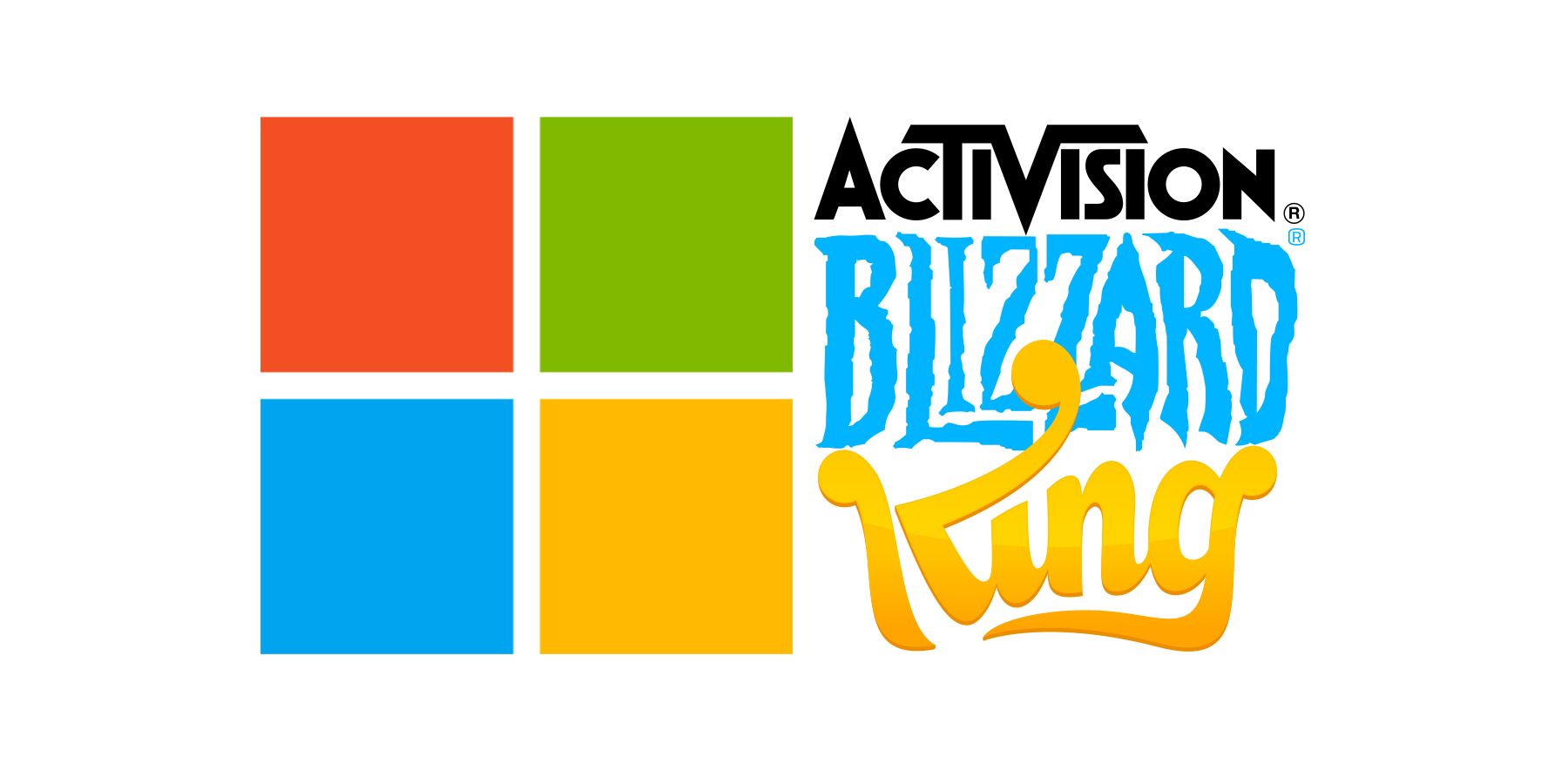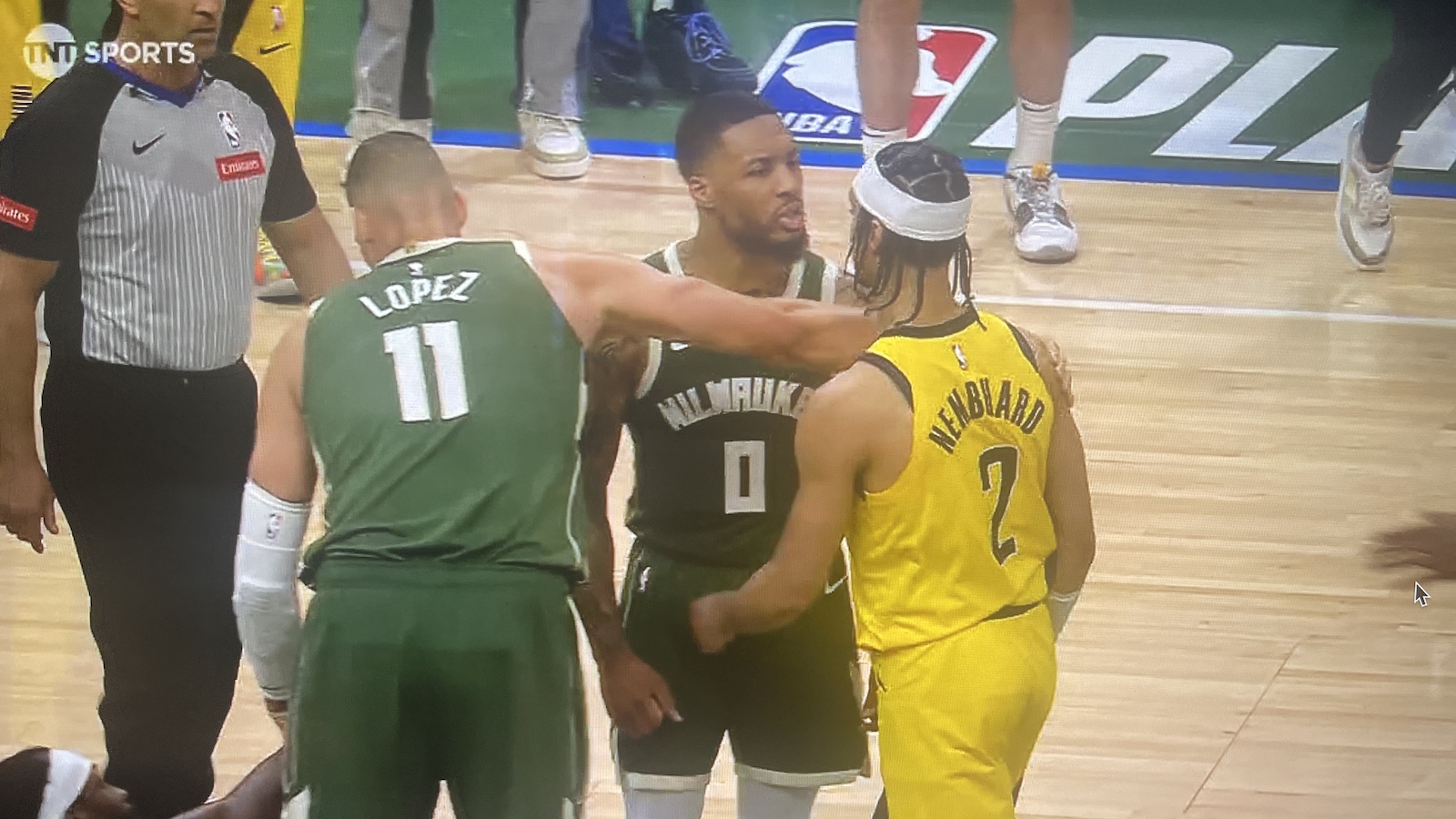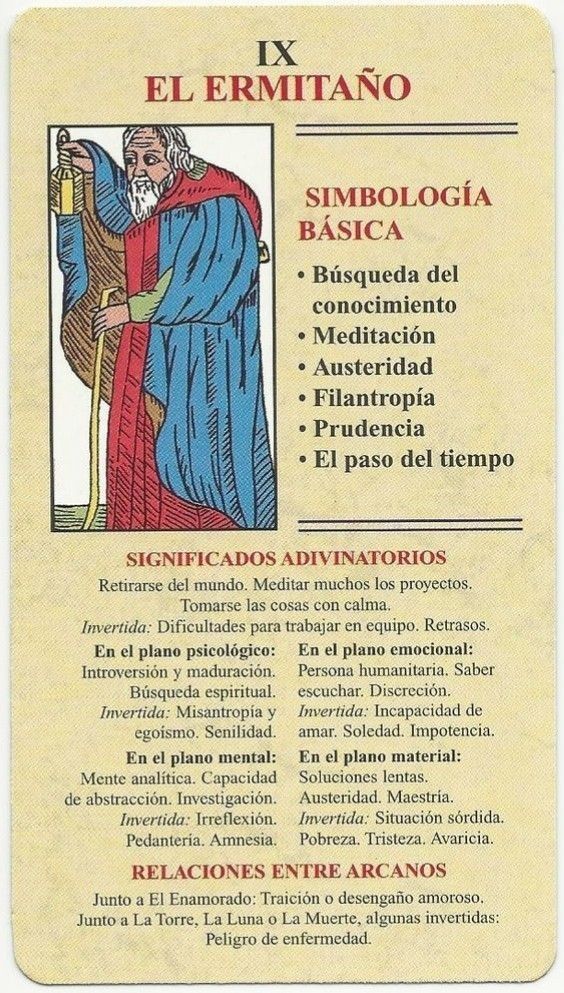FTC Appeals Activision Blizzard Deal: A Deep Dive Into The Legal Battle

Table of Contents
The FTC's Case Against the Activision Blizzard Acquisition
The FTC's opposition to the Microsoft-Activision Blizzard merger centers on concerns about market dominance and alleged antitrust violations. The commission believes this acquisition could significantly harm competition and ultimately disadvantage gamers.
Concerns Regarding Market Domination
The FTC argues that Microsoft's acquisition of Activision Blizzard would create a monopoly, stifling competition and innovation within the gaming industry. This concern stems from several key factors:
- Control over key gaming franchises: Activision Blizzard owns incredibly popular and lucrative franchises like Call of Duty, Warcraft, Candy Crush, and World of Warcraft. Microsoft's acquisition grants them control over these immensely valuable intellectual properties.
- Potential for exclusivity deals and limited cross-platform play: The FTC fears Microsoft might make these titles exclusive to Xbox consoles and its Game Pass subscription service, limiting player choice and harming competitors like Sony and Nintendo. This could lead to a decrease in competition and innovation.
- Reduced innovation and higher prices for gamers: A lack of competition can lead to reduced innovation and potentially higher prices for games and gaming services. The FTC is concerned that this merger could result in exactly that scenario for consumers.
Antitrust Violations Alleged
The FTC asserts that the merger violates antitrust laws by lessening competition and harming consumers. The commission cites several potential anti-competitive practices:
- Stifling of innovation in the cloud gaming space: Microsoft's acquisition could stifle competition in the burgeoning cloud gaming market, giving them an unfair advantage.
- Exclusionary conduct towards competitors: The FTC worries Microsoft may engage in practices designed to exclude competitors from the market, further reducing consumer choice.
- Reduced consumer choice: Ultimately, the FTC argues the merger would limit consumer choice regarding platforms, games, and subscription services.
Microsoft's Defense and Counterarguments
Microsoft vigorously defends the acquisition, arguing that the gaming market is dynamic and competitive, and the merger won't create a monopoly.
Arguments Against Market Domination
Microsoft's defense rests on several key arguments:
- Emphasis on continued cross-platform availability of Activision Blizzard titles: Microsoft has repeatedly pledged to continue making Activision Blizzard games available on other platforms, including PlayStation and Nintendo Switch, to alleviate concerns about exclusivity.
- Commitment to maintain competition through licensing agreements: Microsoft has proposed licensing agreements with competitors to ensure access to key franchises, aiming to maintain competition and prevent anti-competitive practices.
- Investment in cloud gaming infrastructure to benefit consumers: Microsoft highlights its investment in cloud gaming infrastructure as a benefit to consumers, emphasizing increased accessibility and affordability.
Addressing FTC Concerns
Microsoft is proactively addressing the FTC's concerns by offering concessions and mitigating strategies:
- Proposed licensing agreements with competitors to ensure access to key franchises: This aims to provide competitors with continued access to popular games, preventing a monopoly.
- Plans for increased investment in gaming infrastructure and accessibility: Further investments would benefit players and promote fair competition.
- Commitment to transparency and consumer protection: Microsoft aims to demonstrate a commitment to transparency and consumer protection throughout the process.
The Potential Impact and Implications of the FTC's Appeal
The FTC's appeal has far-reaching implications for the future of the gaming industry and beyond.
The Future of Gaming Mergers and Acquisitions
This legal battle sets a significant precedent for future mergers and acquisitions in the gaming industry, influencing regulatory review:
- Increased scrutiny of large-scale acquisitions in the tech industry: This case increases the level of scrutiny regulatory bodies will apply to future mergers in the tech sector.
- The impact on the evolving landscape of cloud gaming: The outcome will impact the competitive landscape of cloud gaming and its future development.
- Influence on future regulatory approaches to mergers and acquisitions: The ruling will shape how regulators approach similar mergers and acquisitions in the future.
Consumer Impact
The outcome directly impacts gamers, potentially affecting game pricing, accessibility, and overall market competition:
- Potential for higher prices on games: Reduced competition could lead to increased prices for games and gaming services.
- Potential for exclusive content on specific platforms: The possibility of exclusive content on specific platforms is a major concern for consumers.
- Potential for limited competition and innovation: A lack of competition could result in a decrease in innovation and a less dynamic gaming market.
Conclusion
The FTC Activision Blizzard deal appeal is a pivotal moment in the gaming industry. The outcome will significantly shape the future of gaming mergers, the competitive landscape, and ultimately, the gaming experience for millions of players. Understanding the nuances of this legal battle is vital for anyone invested in the future of gaming. Stay updated on developments in the FTC Activision Blizzard deal and its impact on the competitive gaming market. The implications are far-reaching and deserve ongoing attention.

Featured Posts
-
 Koeln Debatte Um Die Venloer Strasse Einbahnstrasse Bleibt Bestehen
May 29, 2025
Koeln Debatte Um Die Venloer Strasse Einbahnstrasse Bleibt Bestehen
May 29, 2025 -
 Starbase City Elon Musks Official Company Town
May 29, 2025
Starbase City Elon Musks Official Company Town
May 29, 2025 -
 Csak A Lidl Ben Ritka Gyujtoi Termekek Akcios Aron
May 29, 2025
Csak A Lidl Ben Ritka Gyujtoi Termekek Akcios Aron
May 29, 2025 -
 Bucks Pacers Game 5 Heated Exchange Following Close Match
May 29, 2025
Bucks Pacers Game 5 Heated Exchange Following Close Match
May 29, 2025 -
 El Significado De Los Arcanos Menores En La Lectura Del Tarot
May 29, 2025
El Significado De Los Arcanos Menores En La Lectura Del Tarot
May 29, 2025
Latest Posts
-
 The Good Life Prioritizing Wellbeing And Meaning
May 31, 2025
The Good Life Prioritizing Wellbeing And Meaning
May 31, 2025 -
 The Good Life A Journey Of Self Discovery And Growth
May 31, 2025
The Good Life A Journey Of Self Discovery And Growth
May 31, 2025 -
 Your Good Life A Personalized Plan For Success
May 31, 2025
Your Good Life A Personalized Plan For Success
May 31, 2025 -
 Building The Good Life Steps To Create A Life You Love
May 31, 2025
Building The Good Life Steps To Create A Life You Love
May 31, 2025 -
 Finding Your Good Life A Journey Of Self Discovery
May 31, 2025
Finding Your Good Life A Journey Of Self Discovery
May 31, 2025
